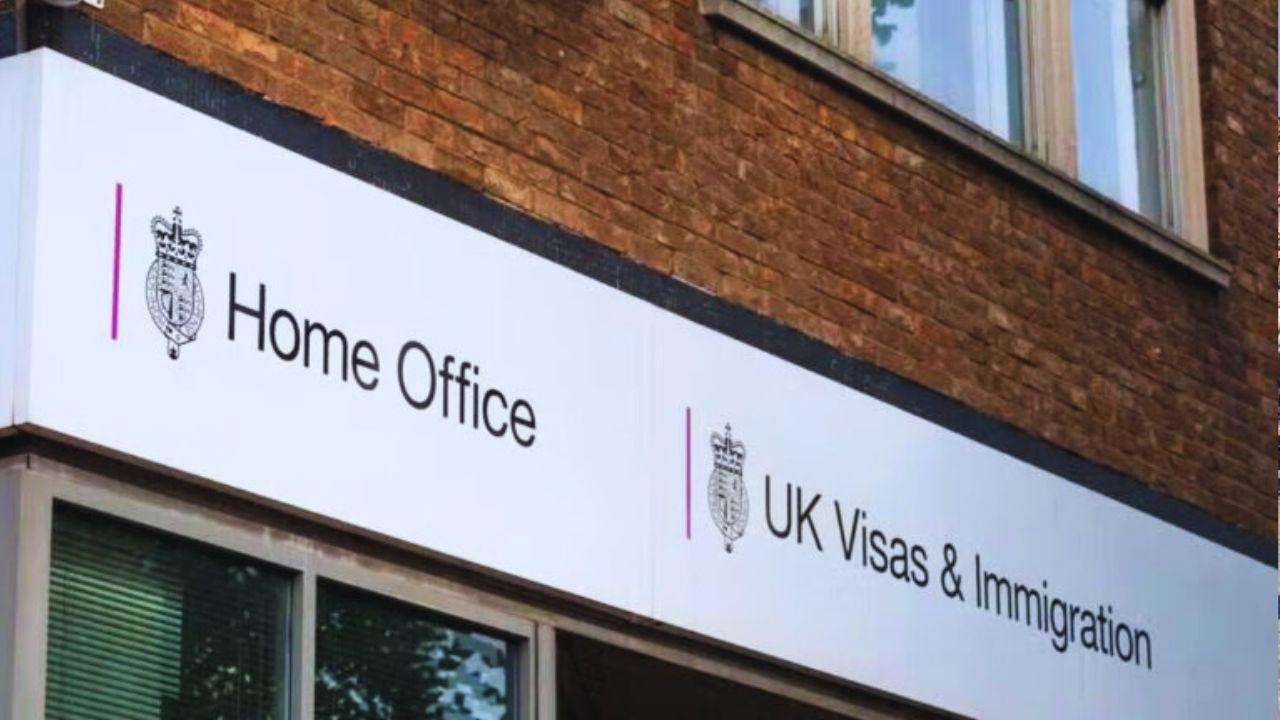After filling out a brief online survey, people will no longer be eligible for weight-loss injections because the pharmacy regulator has tightened prescription guidelines to stop medications from being given "inappropriately."
The National Pharmacy Association (NPA), among other organizations, demanded stricter regulations after discovering that individuals with low body weights or those with a history of eating problems were being incorrectly administered the medications.
Some online pharmacies have set goals for how many prescriptions they should execute in an hour, and the General Pharmaceutical Council (GPhC) stated that it was addressing such concerns in response to complaints that some persons were obtaining the drugs without conducting adequate checks.
Online pharmacies have been instructed by the GPhC to only provide weight-loss medications after conducting a thorough, two-way consultation with the patient. They also need to confirm the patient's body mass index by video consultation, in-person evaluation, or access to medical data.
The move, which is intended to make sure jabs such as Wegovy or Mounjaro are prescribed safely, means it will no longer be enough to prescribe the drugs following email correspondence, a phone call, from questionnaires, or by people sending in photos of themselves.
Duncan Rudkin, chief executive at the GPhC, said the updated guidance will help protect patients.
“The message of this updated guidance is clear: online pharmacies should only supply a medicine if the prescriber has had an appropriate consultation with the person, and has made sure they have all the necessary information to check if that medicine is safe and suitable for them,” Mr Rudkin said.
“We know online pharmacy services can provide a very valuable service, but through our inspections and investigations, we’ve seen too many cases of medicines being supplied inappropriately online and putting people at risk.”
The new rules say the prescriber must independently verify “weight, height and/or body mass index”, adding: “By ‘independently’ we mean that the prescriber uses a different way to verify the information provided to them by the person.”
The new rules also state that clinicians must ask for details of the patient’s GP and get the patient’s consent to contact them about the prescription.
“If the person does not have a regular prescriber, such as a GP, or if there is no consent to share information, the prescriber should then decide whether it is safe to prescribe,” the guidance said.
It also said all pharmacies must demonstrate there are no conflicts of interest such as offering “incentives to prescribers to issue prescriptions”.
Weight-loss drugs have also now been added to the list of “high-risk” medicines requiring extra safeguards.
If pharmacists do not adhere to the guidance, the GPhC’s view is that they are unlikely to be meeting standards and could face enforcement action. This could include fitness to practise investigations or inspections, conditions being put on the pharmacy and improvement plans.
The GPhC said it was working closely with both the Medicines and Healthcare products Regulatory Agency (MHRA) and the Advertising Standards Authority (ASA) to jointly tackle inappropriate advertising and promotions.
Weight-loss jabs, known as GLP-1 receptor agonists, work by reducing food craving and are available on the NHS. Hundreds of thousands of people also get their prescriptions privately through online pharmacies.
Nick Kaye, chair of the NPA, which represents more than 6,000 independent community pharmacies, said he was pleased the regulator had acted on the association’s concerns.
“Delivering good care whilst maintaining the highest levels of patient safety is the number one priority for pharmacies and we hope this updated guidance will help to protect the safety of patients needing weight-loss injections and other higher risk medication,” he said.
“It is important to note that the vast majority of pharmacies, including online sellers, already adhere to good practice in this area and do all they can to support patients to attain and maintain a healthy weight in a carefully managed programme of treatment.”



_1.jpg)
_1.jpg)



.svg)



